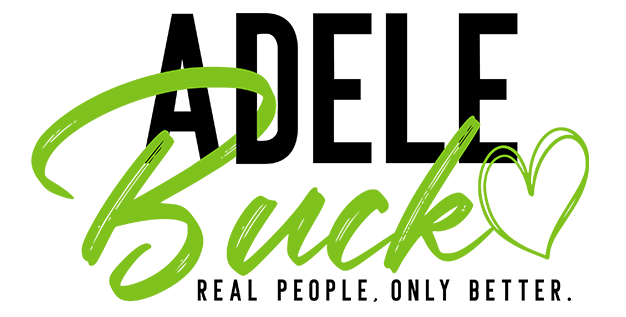Persuading Anna was my first completed fiction manuscript. It started life as an attempt at “Literary Women’s Fiction.”
“Wait – doesn’t your bio say you write comic romance?”
Yes, reader, it does. Thank you for allowing me to put words in your mouth just this once. I promise I won’t do it again.
I had a lot of ideas about what I might want to be if I became a writer. I went to a prep school that cranks out amazing writers like Susan Minot and Sebastian Junger. As such, I was terrified of doing anything that wasn’t “serious.”
I picked at this manuscript for years. I thought long and hard about why I couldn’t get more than a chapter or two of it out. After all, it was a contemporary spin on my all-time favorite novel, Austen’s Persuasion. (In fact, its first title was The Energy and Devotion of Our Youth which is from a Benjamin Disraeli quote that ends with “…was all my persuasion.”)
Finally, I realized why I wasn’t writing the damn thing. It wasn’t fun. Frankly, it wasn’t what I wanted to read, let alone write.
So I started again. Some of the original stayed, and the book grew over weeks and months. It became fun. The characters surprised me. A friend of mine who is a literary agent agreed to read it. She told me it had promise, but I should find a critique group to help me with some issues, pacing (especially at the beginning) being at the top of the list.
I joined RWA, found a critique group, and over the next few months did a fairly serious revision while I wrote my second manuscript, Software and Sensibility (yes, I have a pattern). I started querying and got a few requests for the manuscript and a whole lot of rejections. I began to learn the real definition of “waiting.” I finished Sense and moved on to Acting Up, which is still Austen-related (a very loose spin on Lady Susan) but getting into more original territory. Taking the training wheels off, as it were. It is also set in my first workplace, the theater, which is fertile ground for both bad behavior and humor.
My beta readers told me that while they had enjoyed my first two books, Acting Up represented a marked improvement. They got really excited about this book. I finished that and started to write the next one in a proposed series of three, Acting Out.
Around this point, I entered Anna in Pitch Wars. I was excited about the possibilities of redrafting it, as I knew it still had problems despite the feedback and the rewrites. I knew my odds weren’t great, so I kept my expectations in check. I didn’t get a mentor, but I got another couple of critique partners out of the experience, as well as a whole new community. Though lots of people seemed to like the premise a lot, additional feedback from a couple of the mentors told me what I already knew: the pacing issues that plagued the all-important beginning of the book were still there. That and the fact that it’s written from her point of view only made it a funny muddle between “women’s fiction” and romance.
I reread the whole thing. I commenced another round of revisions on it. And a few days after Pitch Wars’ picks were announced, I found myself in a miserable funk. Impostor syndrome, tears, the works.
A few days after that, after a lot of thought, I decided to shelve Anna for the foreseeable future.
My reasons for doing so involved both my head and my heart. Head-wise, I know that statistically the first book that usually clicks for an author is their third. This makes sense. You learn by writing. I know I’ve learned a lot. Up is intentionally a “category” romance – short (50,000 words), punchy, and fun. Anna and Sense are longer, 70 and 75,000 words, respectively. The shorter format of the Acting books made me structure them differently, and they move along a lot more readily.
On the heart side, I realized I had become invested in the trilogy and, while I didn’t quite resent the idea of spending time on Anna when I could be working on my newer stuff, I wasn’t as excited about it as I might be. As my friend Anne said on Twitter, you have to work with what engages you (at least now, while I have no deadlines and the space to be indulgent about such things).
Will I go back to Anna one day? At this point, I’d say, “Probably, yes.” I agree with everything everyone said about it: the premise has potential, but I failed the premise.* That’s okay. With four completed manuscripts and another started (Acting Lessons), I’m still a baby at this game. If I approach Anna again, it will probably be with opening an entirely new Scrivener project and starting (sort of) from scratch. I don’t want to do that just now, but it sounds like it could be fun.
Someday.
*Nobody but me used the verb “fail,” to be very clear.
